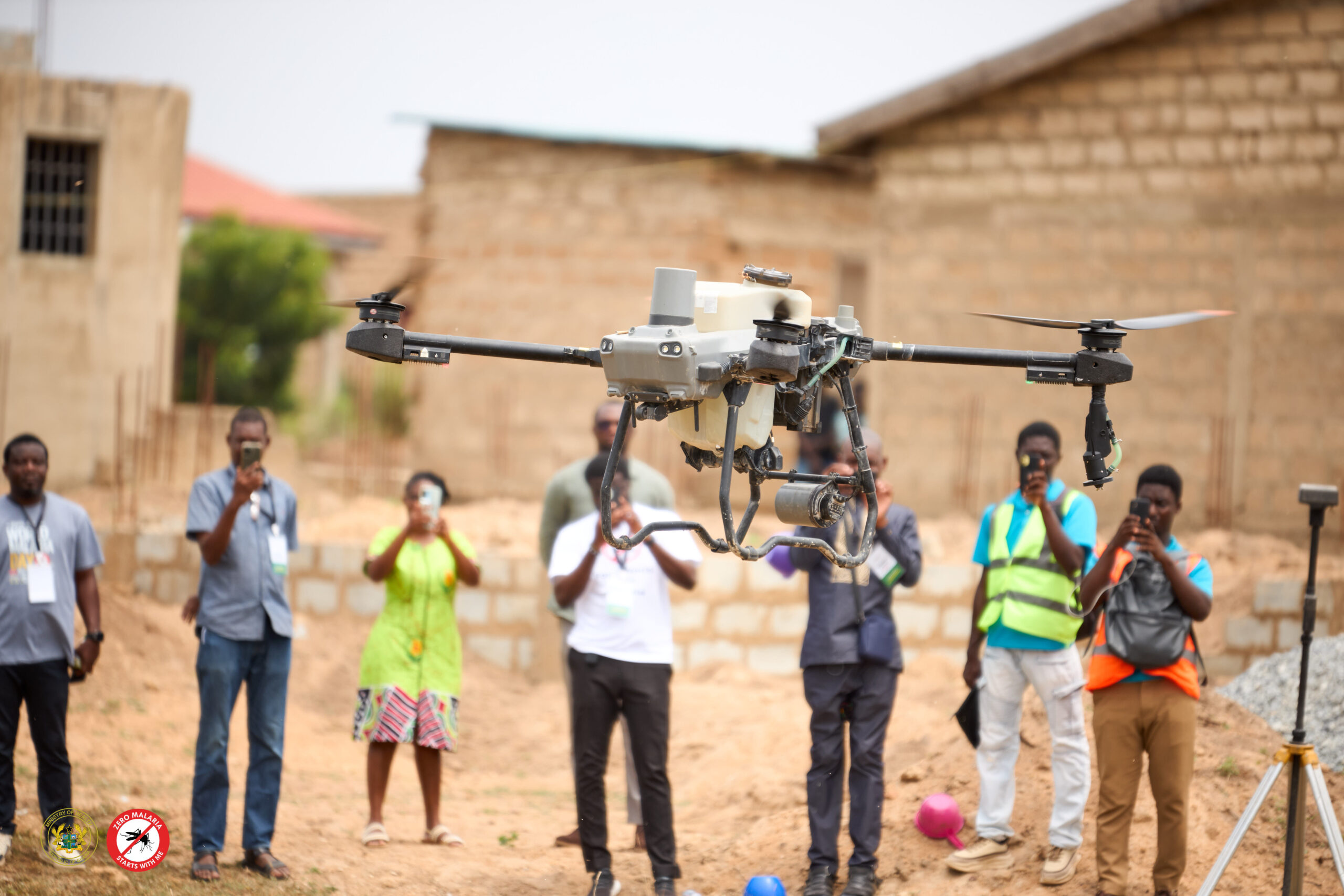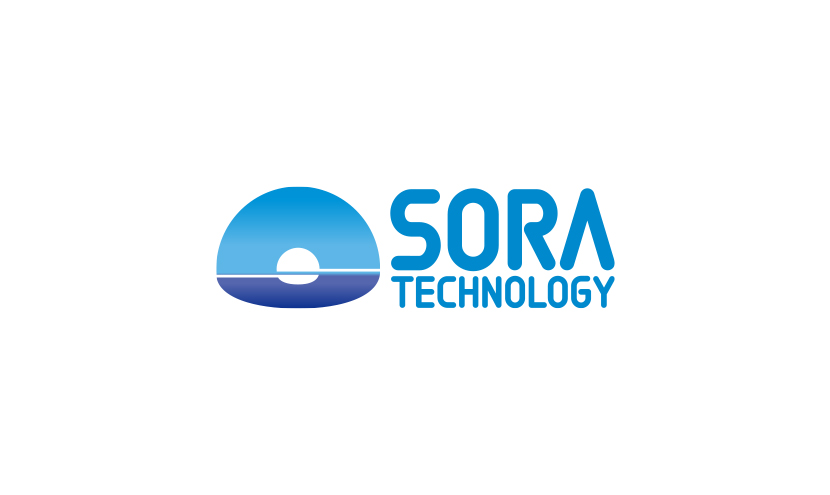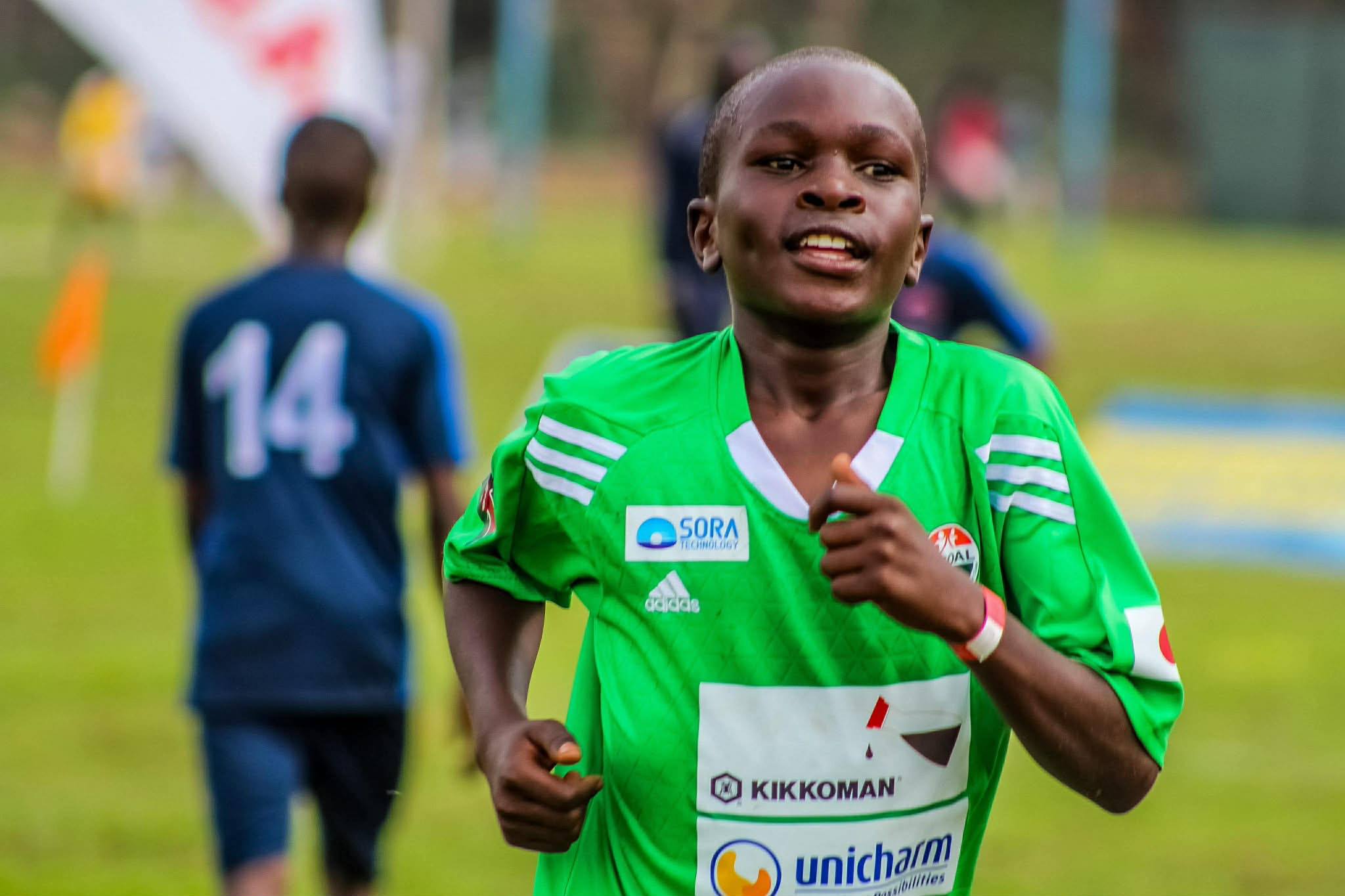【Notice】SORA Technology and the Institut Pasteur du Cambodge (IPC) collaborating to launch AI for infectious disease control
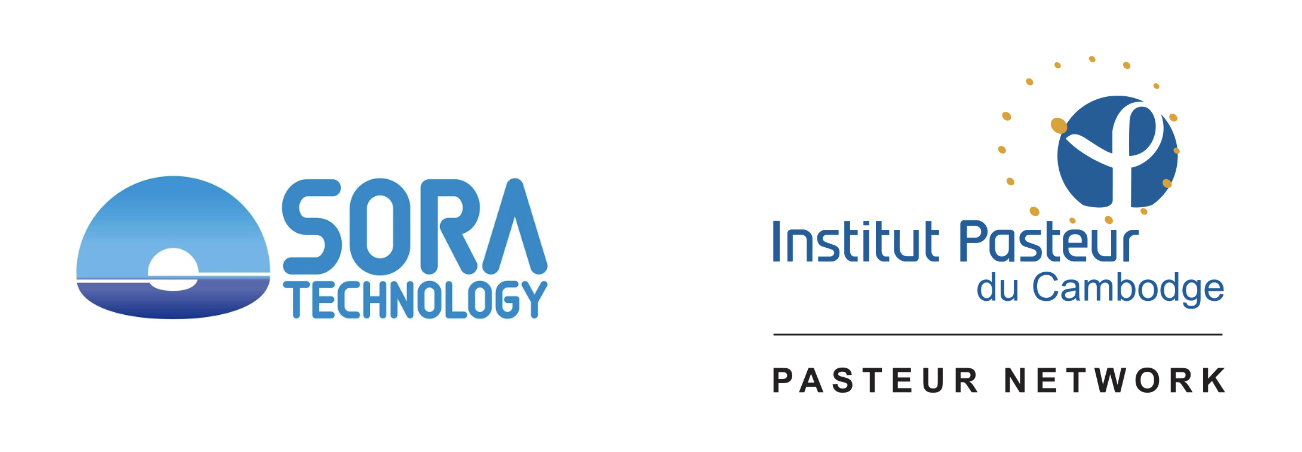
(Headquarters: Nagoya, Aichi, Japan; Founder and CEO: Yosuke Kaneko; hereafter “SORA Technology”)
SORA Technology uses artificial intelligence (AI) and aerospace technology to address global health and climate change issues, and is pleased to announce that it is in discussion to launch AI for infectious disease control with Institut Pasteur du Cambodge. This project is supported by Japan External Trade Organization (JETRO) as Asia Digital Transformation (ADX) projects.
The project has been launched to create a digital surveillance system for infectious diseases transmitted by mosquitoes in Cambodia, using drones and AI to detect and monitor the habitats of the larvae. This project is expected to increase the accuracy of infectious disease surveillance by promoting its digital transformation (DX), leading to more efficient prevention of dengue and malaria incidences.
Link to: the Institut Pasteur du Cambodge (IPC)
◾️For infectious disease control and introducing digital solutions
In addition to contributing to the cost effective surveillance of mosquito-borne infectious diseases such as Dengue fever or Malaria. Our AI and drones have the possibility to also provide an opportunity to promote DX in other infectious diseases surveillance and prevention phases such as data collection and operation management.
Our solution could also contribute to a substantial reduction in labor costs for detecting potential larvae breeding sites and improve the cost-effectiveness of preventive actions towards infectious diseases. Lastly, it will also promote DX human resource development in Cambodia related to drones and AI.
◾Drones collaborating with satellites to improve efficiency
The Aedes mosquito that transmits dengue fever and Zika fever, which are raging in Cambodia, has the characteristic of preferring to lay its eggs in dirty small puddles with no water flow.
In order to find puddles such as old tires and buckets that have been stagnant for more than a few days, it is possible to reduce the cost per flight by using satellites images to locate a certain area and then flying SORA Technology’s drone over for high accuracy confirmation of water puddles of potential Aedes mosquito habitats.
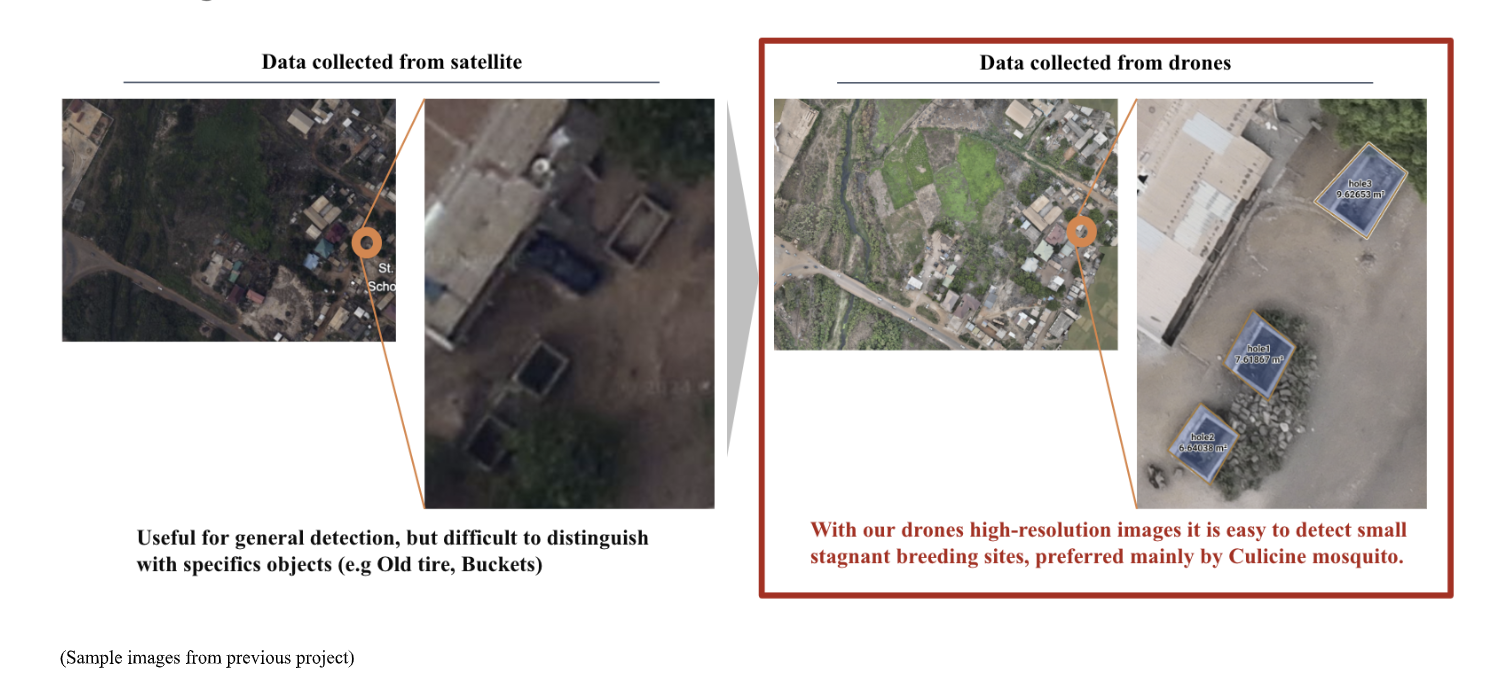
◾ Comment from Dr. Sebastien Boyer, Head of Medical and Veterinary Entomology at Institut Pasteur du Cambodge
The use of drones in health, particularly for surveillance, is recent and represents an interesting modern approach. While drones are widely used for malaria vector surveillance in Africa, where Anopheles mosquitoes breed in large bodies of water, the challenge is significant for detecting breeding sites of dengue vectors. We eagerly await the results of these tests and preliminary studies to proceed to the next steps.
◾SORA TECHNOLOGY
We are working on mosquito-borne disease eradication measures combining drones and AI. We are developing our services in African and Asian countries with the aim of achieving the WHO’s goal of reducing malaria case incidence by at least 90% by 2030 (Global technical strategy for malaria 2016-2030). We also aim to reverse innovate the drone operation technology cultivated in emerging countries in developed countries to realize “a sustainable society that is resilient to disasters and epidemics through the use of SORA*”.
*SORA in Japanese means Sky
Contact of this press release
SORA Technology Co., Ltd.
Sato Ichiho Public Relations Manager
E-mail:ichiho.sato@sora-tech.com

